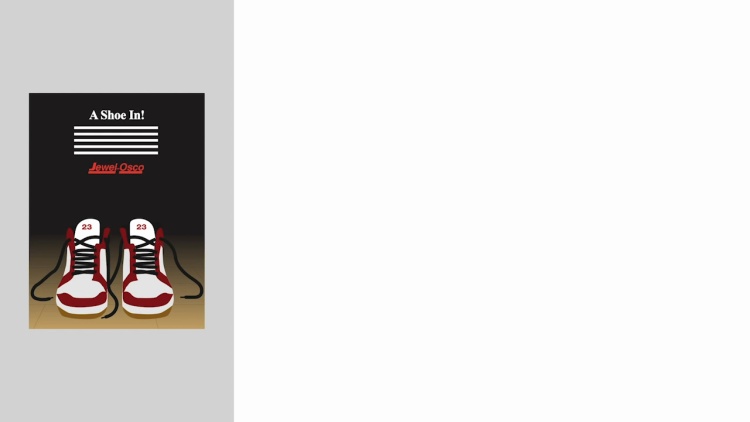Michael Jordan v. Jewel Food Stores, Inc.
United States Court of Appeals for the Seventh Circuit
743 F.3d 509 (2014)

- Written by Carolyn Strutton, JD
Facts
Michael Jordan (plaintiff) was the greatest and best-known professional basketball player of his time. Jewel Food Stores, Inc. (defendant) was the operator of a chain of food stores in Chicago, the city in which Jordan played. Upon Jordan’s induction into the Basketball Hall of Fame, Sports Illustrated magazine released a commemorative issue devoted to Jordan’s career, and offered free advertising space in the issue to Jewel in exchange for selling the issue in Jewel stores. Jewel agreed and placed a full-page ad on the back inside cover of the issue. The ad included Jewel’s trademarked logo and slogan, prominently placed above a pair of basketball shoes with Jordan’s jersey number, and copy that lauded Jordan’s accomplishments while referring to Jordan using the store’s slogan. Jordan sued Jewel for violations of right of publicity among other claims. Jewel moved for summary judgment, alleging that the ad amounted to noncommercial speech and was therefore protected under the First Amendment. Jordan filed a cross motion for partial summary judgment on the issue of whether the ad was commercial speech, while agreeing that if the ad was noncommercial speech the First Amendment provided a complete defense. The district court held that the ad was noncommercial speech and entered a final judgement for Jewel. Jordan appealed.
Rule of Law
Issue
Holding and Reasoning (Sykes, J.)
What to do next…
Here's why 905,000 law students have relied on our case briefs:
- Written by law professors and practitioners, not other law students. 47,100 briefs, keyed to 995 casebooks. Top-notch customer support.
- The right amount of information, includes the facts, issues, rule of law, holding and reasoning, and any concurrences and dissents.
- Access in your classes, works on your mobile and tablet. Massive library of related video lessons and high quality multiple-choice questions.
- Easy to use, uniform format for every case brief. Written in plain English, not in legalese. Our briefs summarize and simplify; they don’t just repeat the court’s language.





